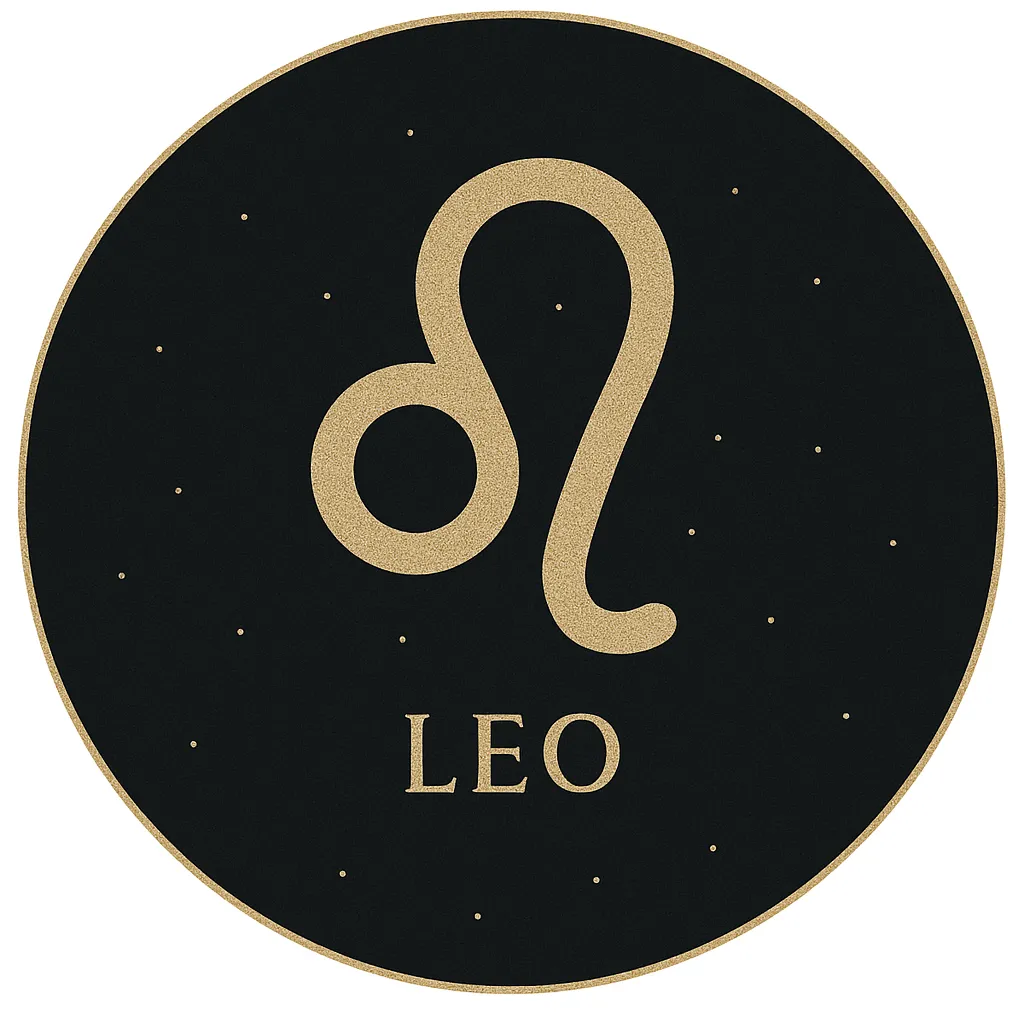The planets right now
7/23-8/22

The Sun in Virgo (9/23 The Sun in Libra)
During this period, the Sun is in the sign of Virgo, which brings a time of reflection and refinement. Virgo's energy is about organizing, analyzing, and improving your life. It's an excellent time to focus on details and create structure in your daily routine.
New Moon 8/23 6:08 am in Virgo
The New Moon offers the opportunity to set new intentions and start projects that require precision and attention to detail. It's a time to plant seeds for the future and to begin healthy habits.
Full Moon 9/7 6:10 pm in Pisces
The Full Moon illuminates your dreams and intuition. It's a time for closure and letting go of what no longer serves you. Pisces energy encourages you to listen inwardly and follow your feelings.
Mercury, the planet of communication, moves from Leo to Libra during this period. This shift encourages you to express yourself creatively and seek harmony in your relationships. It's a time to balance your thoughts and communicate with diplomacy.
Venus in Leo brings passionate and generous energy to your love life and creative projects. It's a time to show appreciation and enjoy the beauty of life.
Mars in Libra emphasizes the importance of cooperation and fairness in your actions. You may feel motivated to work together with others to achieve common goals.
Jupiter in Cancer enhances your sense of security and well-being. It's a time to grow by nurturing your emotional bonds and creating a stable foundation for the future.
Saturn in Aries gives you the discipline and determination to take initiative and lead with courage. It's a time to set clear boundaries and work towards your ambitions with perseverance.
Uranus in Gemini inspires innovative thinking and change. It's a time to embrace transformation and explore new ideas and perspectives.
Neptune in Aries encourages you to dream big and envision new possibilities. It's a time to follow your intuition and let your creativity flow freely.
Astrology is one of several pseudoscientific practices that attempt to find connections between the positions and movements of the solar system's planets, the sun, and the moon, and the characteristics and events in people's lives. The term "astrology" comes from the Greek words astron ("star") and logos, which have various translations, typically related to "systematic thought or speech."
Astrology is a vast subject with many facets; beyond planets and zodiac signs, "houses" and other elements can be interpreted. Here's a summary of each zodiac sign to provide an understanding of the basic personalities they represent. Remember that this refers only to the sun sign, which is what we commonly call a zodiac sign; a complete horoscope includes much more.
Astrology originated in Babylonia and was further developed in Egypt and Persia. Until the Middle Ages, it was considered a discipline equivalent to astronomy. The doctrine is mentioned in several texts, including the Bible. Nearly all mythologies have views about the starry sky, encompassing knowledge of Earth and its neighboring planets.
Astrology was central to magical and alchemical practices in both ancient and modern times. For centuries, people have used the positions of the sun and stars in the sky to interpret events and predict the future. In particular, the sun has been revered in almost every religion and philosophy worldwide.
Many believe that "God" is synonymous with "The Sun." Notable historical astrologers include Tycho Brahe, Nostradamus, and Carl Gustav Jung.
